
(Ecofin Agency) – Ethiopia is negotiating a $10.5 billion loan with the International Monetary Fund (IMF) and the World Bank, Prime Minister Abiy Ahmed announced on Thursday, July 4, 2024. This agreement is crucial for the country’s debt restructuring efforts, with Ethiopia’s external debt standing at $28.5 billion at the end of 2023.
“We have been negotiating with the IMF and the World Bank on a wide range of issues. The talks have been tough, lasting five years, but with the support of some friendly countries, many of our ideas have been accepted. If successful, and if we agree on the reforms, Ethiopia will receive $10.5 billion in the coming years,” Abiy said during a speech in Parliament.
Abiy noted that current discussions with the multilateral lenders are focused on the government’s timeline for implementing the reforms. However, he indicated that Ethiopia is not willing to undertake some reforms immediately.
“We believe there are areas that should be reformed now and others that should remain unchanged. If all these suggestions are accepted and we reach an agreement, it presents a significant opportunity. This reform program will have a huge impact on easing our debt burden,” he emphasized.
Ethiopia is grappling with high inflation and a chronic shortage of foreign currency. In December 2023, the country became the third African nation in as many years to default on its debt, following Zambia and Ghana.
An agreement with the IMF on a reform program is essential for the success of the debt restructuring process in Ethiopia, the most populous country in East Africa. In 2022, Ethiopia and its Paris Club creditors reached an agreement to suspend bilateral debt repayments due between January 1, 2023, and December 31, 2024.
In early 2021, Ethiopia requested a broad restructuring of its external debt under the G20’s common framework and sought an aid program from the IMF. These requests were stalled due to the conflict that erupted in November 2020 between the central government and rebel groups in the Tigray region. This conflict ended in November 2022 with a peace agreement that included disarming rebel forces, restoring federal authority in Tigray, and reopening access to the region, which had been facing a dire humanitarian crisis.

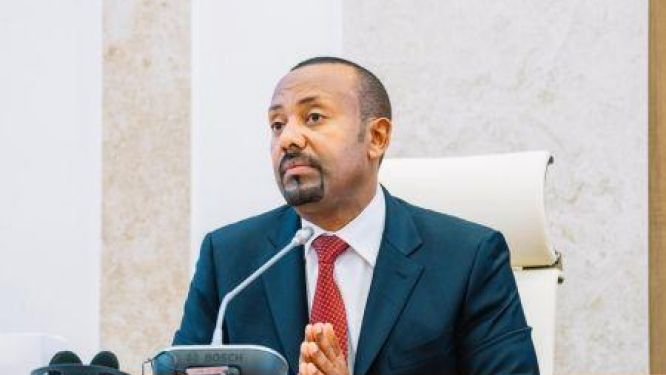
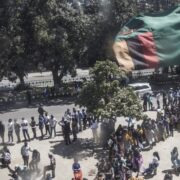


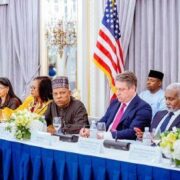

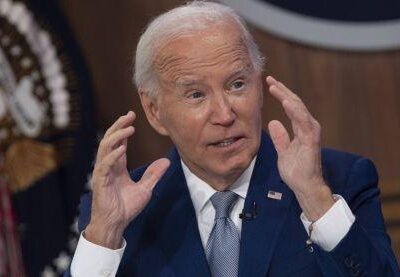

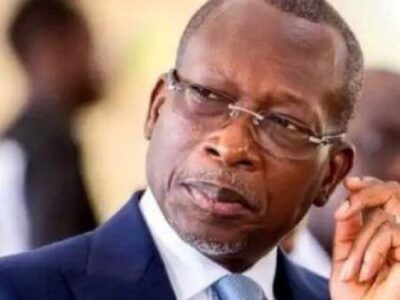

Comments